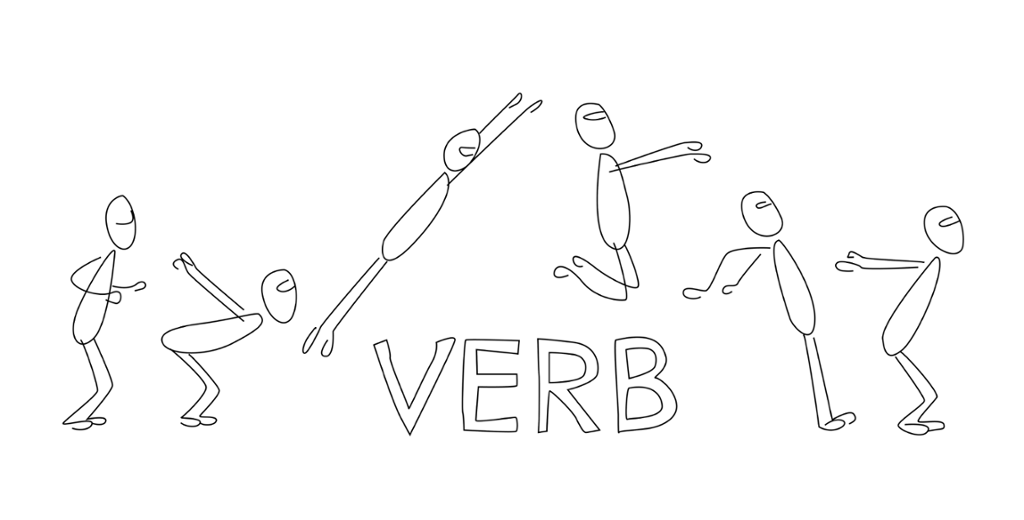Simple vs Progressive Tenses

Do you know when to use the simple tense and when to use the progressive tense (the -ing form)? This is a challenge to many Norwegian students and we see that students often tend to use the progressive tense in sentences where the simple tense would be more appropriate and more precise. The meaning of a sentence will change, depending on which tense you use. It is therefore important to understand the difference.
As a general rule, we can say that the simple tenses (past, present, and future) are used to describe facts, habits, permanent situations, and situations that have already been resolved. The progressive tenses (past, present, and future) describe incomplete and temporary actions and actions that take place over a period of time.
Take a look at the sentence pairs below. Do you see the difference in meaning between the two sentences?
Example 1
The house falls down (simple present tense)
The house is falling down (present progressive tense)
Example 2:
I lived in London (simple past tense)
I was living in London (past progressive tense)
Example 3:
I will sleep when you get home tonight (simple future tense)
I will be sleeping when you get home tonight (future progressive tense)
The simple tenses (past, present, and future) are used to describe:
completed actions that took place in the past
I went to the cinema yesterday.
We lived in China for two years.
I stayed in Wales during my holiday.facts or things that are always or generally true
The Vikings invaded Britain.
Water boils at 100°C.
Climate change will result in more frequent and intense storms.habits and activities that are performed on a regular basis
After dinner we always went for a walk along the beach.
I brush my hair every day.
He'll commute to work after he moves.situations we consider to be more or less permanent
She worked in a bank her entire life.
I'm allergic to peanuts.
She will settle in Trondheim.
The progressive tenses (past, present, and future) are used to describe:
incomplete, unfinished actions that are happening at the moment of speaking. Often, these are actions that last for a fairly short period of time.
I am singing.
John is walking the dog.
We are having dinner right now.temporary actions
I was living with my parents last year because I had a water leak in my flat.
The phone isn't working, but it will be fixed by tomorrow.
I will be working for my brother over the summer.actions that are interrupted by something or someone:
I was singing in the shower when I saw a spider.
I am walking along the beach and all of a sudden, I see a shark.
We will be watching television until you arrive.Actions that take place at the same time:
I was making dinner while I was listening to the radio.
John is painting the house while I am washing the car.
Chris will be moving to London at the same time as I will be moving to Birmingham.
1) Annoying habits
As you probably remember, you would use the simple tense when expressing habits (e.g. I brush my teeth every night). However, there is an exception to this rule: we often use the progressive form to express annoyance at a repeated action. In these cases, you have to add a time expression (always, forever, continually ...) between the auxiliary verb and the main verb.
Mary is always complaining about her neighbours.
John was forever leaving work early.
My brother is constantly missing the train.
2) Words that refer to physical feelings:
With words that refer to physical feelings (ache, feel, hurt, itch, tingle, ect.) there is not much difference between the progressive and the simple tense. This is also true of the expression 'looking forward to'. Both alternatives below mean the same thing.
I feel hungry OR I’m feeling hungry
My knee hurts OR My knee is hurting
How do you feel today? OR How are you feeling today?
I look forward to our next meeting OR I’m looking forward to our next meeting
3) Stative verbs:
There are many verbs that are not usually used in the progressive tense. These verbs are called stative verbs (as opposed to active verbs). Stative verbs have an undefined duration, and they describe states rather than actions. Some of the most common stative verbs are:
want, know, have (when it means possession), think (when it means opinion), like, love, hate, need, prefer, agree, sound, hear, disagree, wish, look (when it means seem), smell, seem, include
For example, you cannot use the progressive tense with these verbs, which are all stative:
I am knowing the truth.
I am liking fish.
It is sounding like a really bad idea.
Instead, the correct sentences would be:
I know the truth
I like fish
It sounds like a really bad idea
Move on to the tasks to learn more about the correct use of the ing-form.
Relatert innhold
Tasks where you can practice the difference between the progressive and simple tenses.